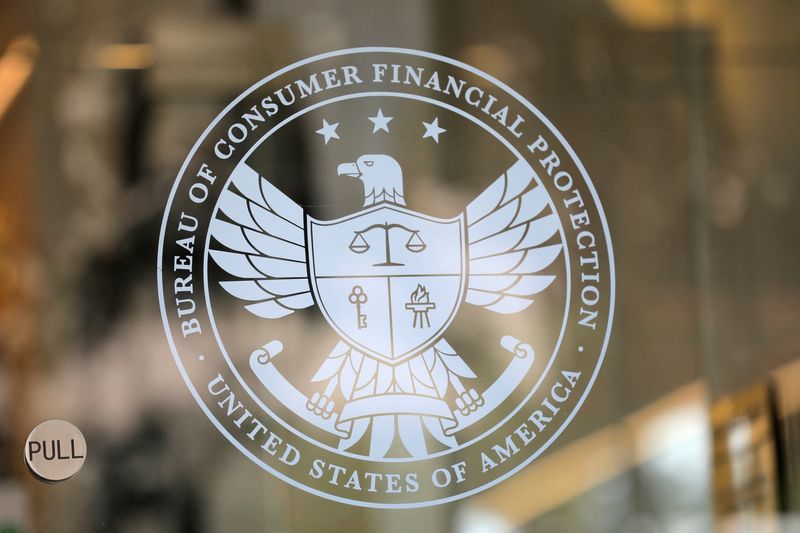(Reuters) - President Joe Biden's outgoing administration announced on Tuesday a ban on medical debt in American consumers' credit reports, making good on a campaign year pledge less than two weeks before leaving office.
Officials said the new regulation, adopted despite objections from the banking and consumer data industries, would remove $49 billion in medical bills from the credit reports of about 15 million Americans.
The announcement from the U.S. Consumer Financial Protection Bureau came despite demands from Congressional Republicans that Biden's financial regulators stop issuing new rules as President-elect Donald Trump prepares to take office on Jan. 20, running the risk that Trump or conservative lawmakers may seek to reverse it.
In a statement, Vice President Kamala Harris, who championed the initial policy proposal in June, said the move would be "life-changing for millions of families."
"No one should be denied economic opportunity because they got sick or experienced a medical emergency," Harris said.
According to the CFPB, medical debt provides little indication of whether a borrower is likely to repay a loan and the change should result in an additional 22,000 low-cost mortgages per year and rising credit scores.
The new rule will also prohibit lenders from considering medical information in making lending decisions and help prevent debt collectors from seeking to coerce consumers into paying erroneous medical debts they do not actually owe, the agency said in a statement.
The change was endorsed by the American Medical (TASE:PMCN) Association.

Trade groups representing banks and credit bureaus said the evidence did not support the CFPB's decision, and the ban could leave them blind to important information about the risk financial institutions face from borrowers.
The American Bankers Association said that could mean banks offer fewer loans.